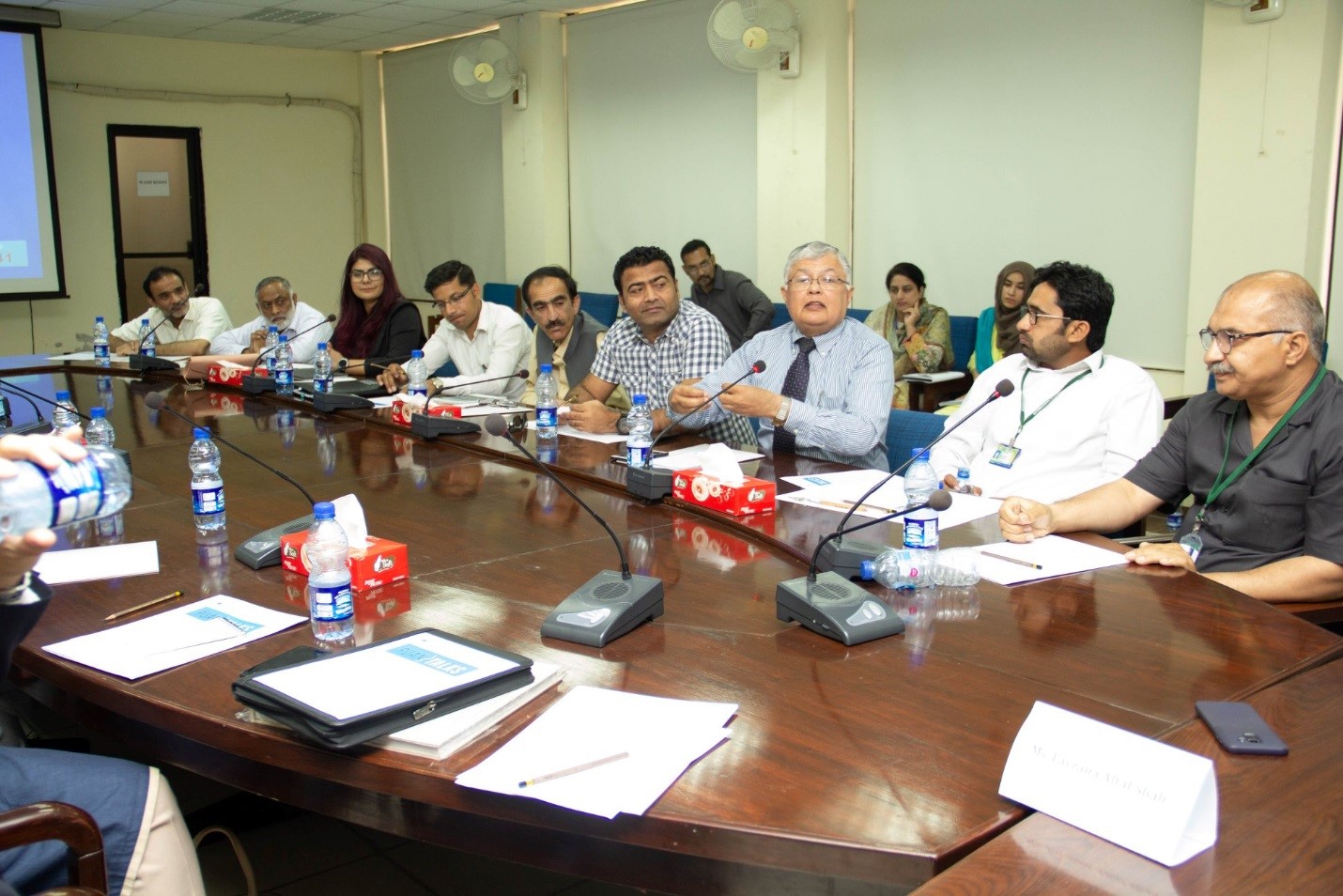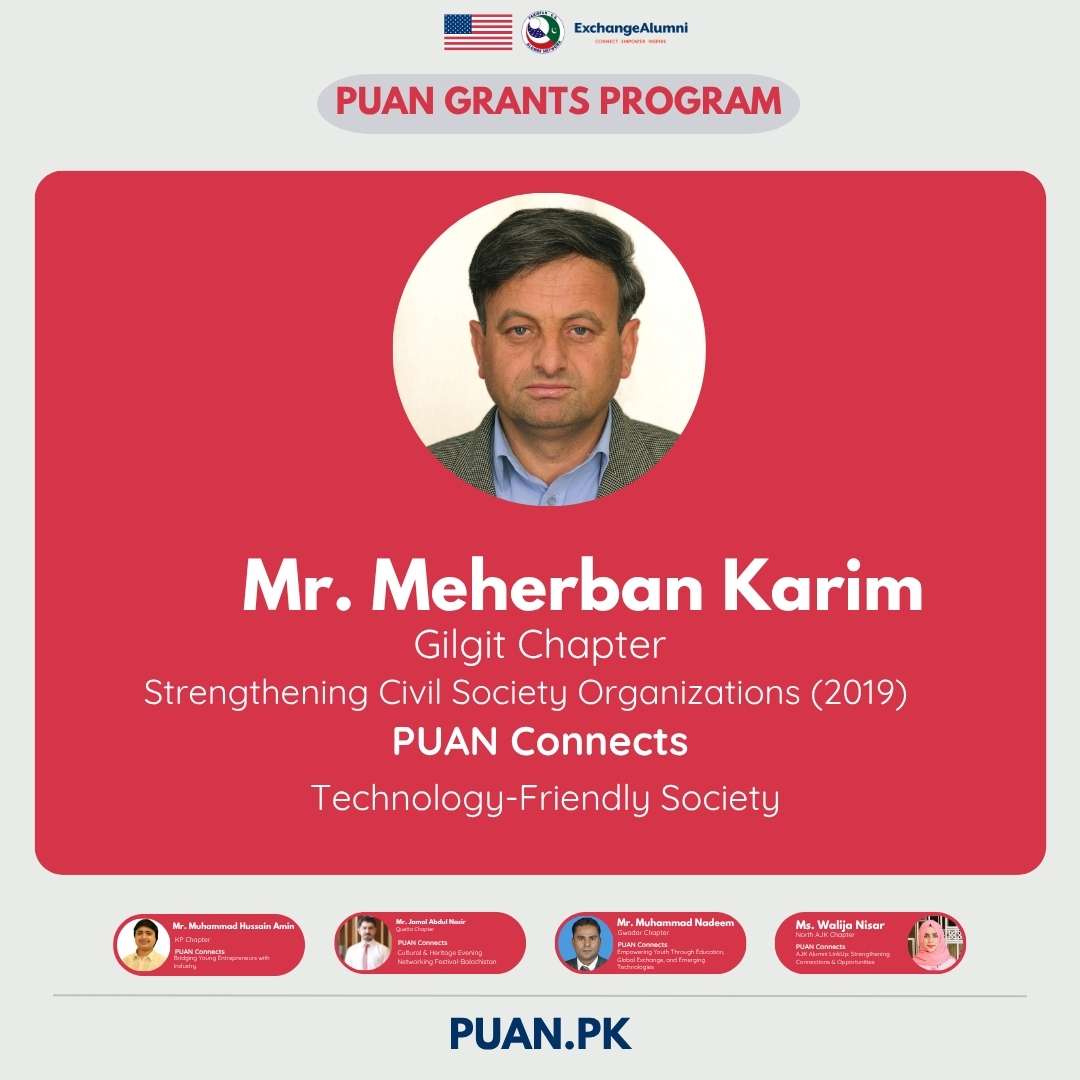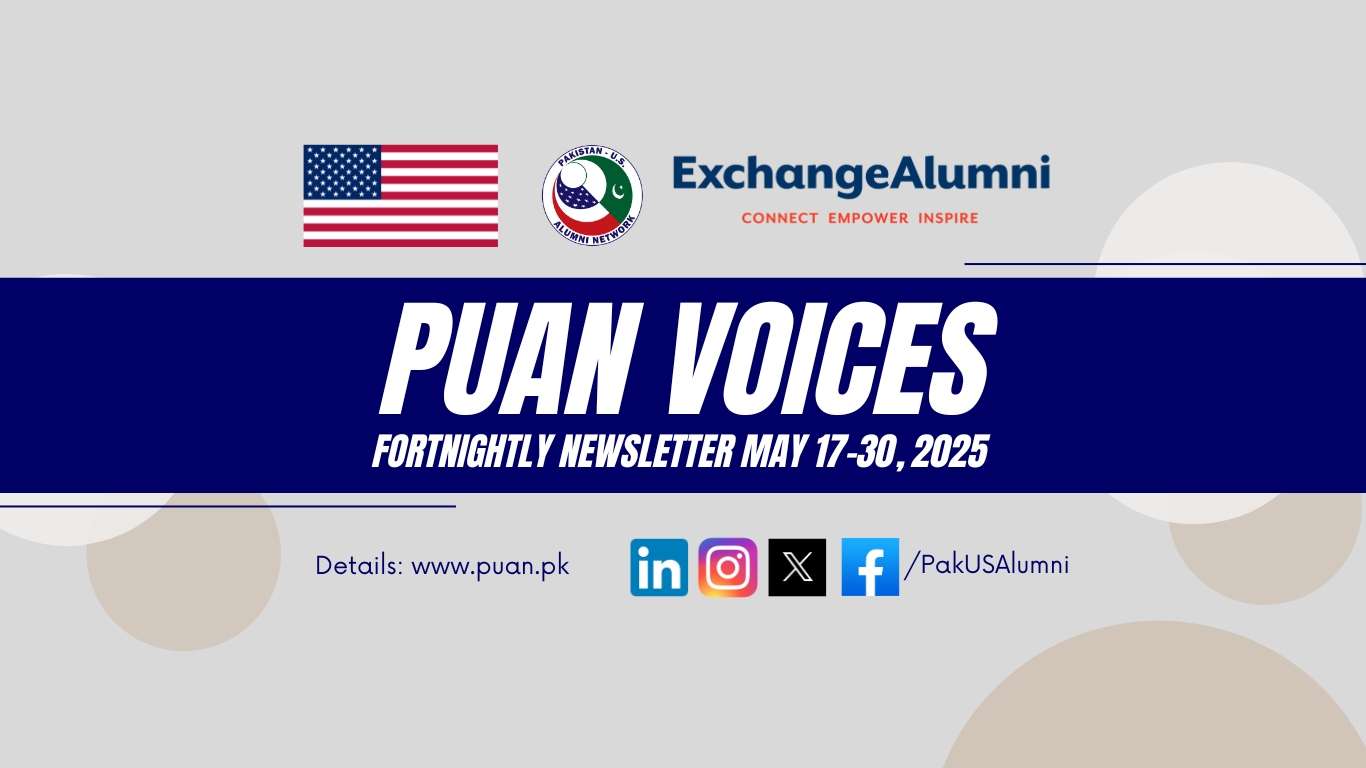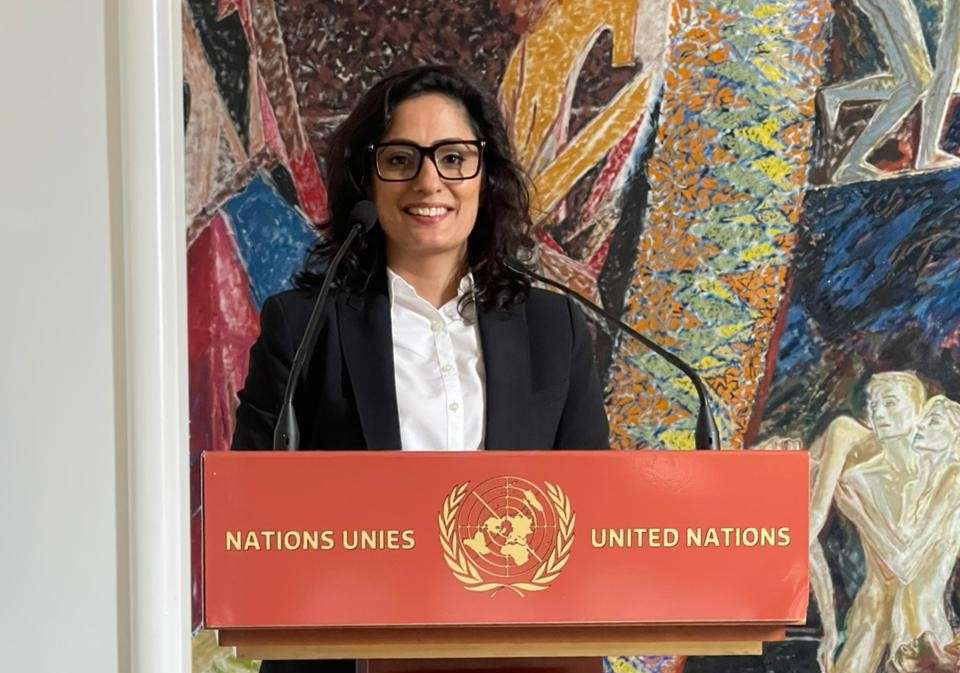How clean is the air we breathe? And how can Pakistan’s air quality be improved? Researchers and government officials tackled these questions at PUAN Talks, a monthly series of discussions on various topics featuring PUAN members. To honor Earth Day on April 22nd, the April PUAN Talks theme was ‘Challenges & Solutions to Air Quality in Pakistan’.
Dr Gabriel Filippelli, Professor and Director of Center for Urban Health at Indiana University-Purdue University, Director General Pak-EPA Dr. Farzana Altaf Shah, and Dr. Asif Khan Khattak, Professor Department of Environmental Sciences at University of Peshawar shared their perspectives as panel speakers. Matthew Williger, Environment Officer at the U.S. Embassy moderated and facilitated the questions and comments of about 20 participants from academia and government.
Using our Experiences
Noting that air quality is a top priority for public health, the panel discussed what the U.S. and Pakistan can learn from its previous experiences with rising environmental challenges. This includes:
- Rapid environmental degradation and how academics and professionals can bring awareness to rising environmental issues
- The potential for better collaboration between academia and government institutions to assess and improve air quality.
- Generating skilled human resources through effective environmental research
Panel participants agreed that better collaboration among various stakeholders is the key to addressing the emerging air quality problems of Pakistan. Dr. Khan used the example of students from the University of Peshawar who used the UN’s Sustainable Development Goals as a motive to interact with partners for researching through emission monitoring. Dr. Filippeli shared the story of Los Angeles, California, which drastically improved its air by placing strict regulations on the automobile industry.
The discussion concluded with the question of the role data plays in environmental improvement. The panel came to an agreement that high quality monitors are essential to any solution. They also agreed that collaboration in sharing data between academia and government would be needed.
Making Environmental Choices
Although environmental degradation is an international issue, it is also a personal one. The choices we make every day impact someone, somewhere, someplace. Whether you choose to drive or take mass transit, skip the plastic bag at the grocery store, or switch to renewable energy – everything makes a difference.
Country to country, public awareness and government policies vary, but only by combining our efforts can we address this global problem.
The Pakistan – US Alumni Network thanks all attendees and panelists for their contributions to this collaboration and for making this PUAN Talks a successful event. To read more about PUAN and its work, check out the link here.






